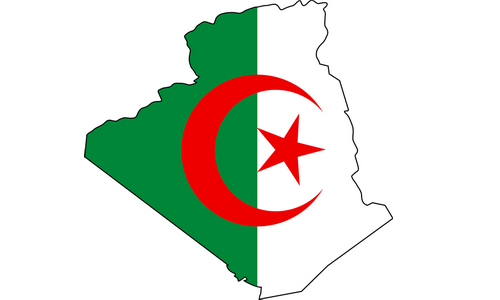
Shia Muslims in Algeria and Their Cultural Presence

Not having a large population of Shias, Algeria cannot be seen in the Shia countries’ list. The Shia community in Algeria is very small. Ben-Khalifa (2018) claims that Anouar Malek (who is an Algerian journalist) stated that Shia Muslims in Algeria are around 7000 individuals which is less than 0.02% of the whole population. However, there are no accurate statistics about Shia in Algeria because their religious practices are not open to the public.
The origins of Shia Muslims in Algeria are traced back to Abdullah Al-Shi’I and his preaching in North Africa. The Shia movement started with a protest against the election of the Caliphate claiming that Ali should be the first Caliphate instead of Abu Bakr. Like any other religious sect, Shia community in Algeria also disagrees with other followers of other religious branches about many things and they claim different interpretations of Hadith and Quran as well.
It is not clear how might the Shia sect’s religious practices be part of the Algerian cultures because the vast majority of the Algerian population is Sunni. Second, the religious practices of Shia community in Algeria may not affect the culture of the country and daily life practices because their rituals come in complete denial to the ones that are recognized in the Algerian societies, and they may be completely new to most Algerians.
The Shia sect in Algeria has some religious practices that shape and govern their cultural life. One of the main practices of Shia is Husseiniyet in Ashura. On that day, Hussein (the grandson of the prophet peace and blessing be upon him) was killed.
The Shia celebrate this by beating their chest and mourning. It is one of the major practices in twelvers but Shia Muslims in Algeria do not have a public manifestation of this. This is why it may not occupy a space in Algerian cultures and social practices because Husseiniyet is a new religious belief among Algerians.
Interestingly, the same day of Ashura is also celebrated by Sunnis who fast the day (and the one before) and remember the day Allah saved Moses from Pharaoh, however, Shia followers celebrate the same day by grieving the death of Hussein. This is, maybe, a clear example of how different interpretations of religion take place in society and result in different social and cultural practices.
Taken from: Religion and Culture in Algeria: The Impact of Religious Interpretations on Social Practices
By: Salim Bouherar and Mohamed Al Bachir, El Ibrahimi University, Algeria